Materials
Granite
Add Luxurious Value to Your Home
Granite is an igneous stone which comes out of the ground in a wide variety of colors and patterns. This spectrum comes from minerals that melt into the stone. Granite is a desirable addition to any home. The natural stone can add value to your home which can be particularly helpful if and when the time comes to sell.
Heat Resistant
Granite itself can withstand temperatures up to 1200° F without leaving behind any burn or char marks. Be forewarned: seams and joints are not as durable, so they should avoid excessive heat.
Scratch Resistant and Durable
Granite is in your house for the long run. It does not easily scratch and if you happen to drop something heavy on it, it will not chip or break. You can rely upon and enjoy granite’s long-term conveniences of a durable kitchen surface.
Stain Resistant
Granite is porous, so it does allow oils and acids to seep in and stain, but this can be avoided by sealing the stone.
Easy to Clean
Though stain resistant, granite does need to be taken care of, but it is a low-maintenance stone. Regular wipe-downs with a damp sponge are usually enough to maintain the stone.
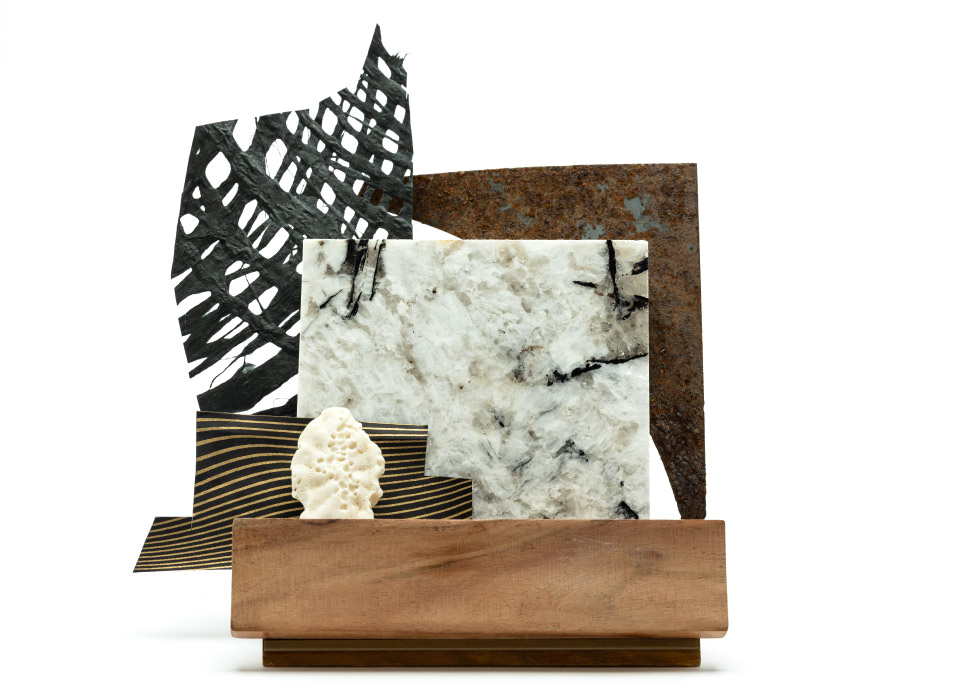
Quartz
An Engineered Stone
Quartz kitchen countertops are unique in that they have some of the characteristics of natural stone and some of the characteristics of synthetic materials. Unlike natural stone, quartz countertops aren’t prone to the same manner of cracking or chipping. In fact, Quartz countertops are often considered the best of both worlds!
Non-Porous
When it comes to sealing your countertop materials, engineered stone may be appealing because it doesn’t require much in the way of maintenance. The material’s resin adhesive allows it to stand up well to oils, wines, and juices.
Durable
Due to its manufactured qualities, engineered quartz has a uniform internal structure, which means it doesn’t hide any cracks or structural flaws. The polyester resin, though, allows the material to flex and stretch under pressure. Be warned that engineered quartz is an indoor stone: UV rays from the sun will eventually cause the resin to discolor or even break down.
Heat Limitation
Engineered stone has some heat resistant qualities, but it is somewhat limited when compared to natural stones. Temperatures lower than 300°F doesn’t usually affect the material, but sudden change of temperature can cause it to crack. Hot pots and pans should not be placed directly on the surface.
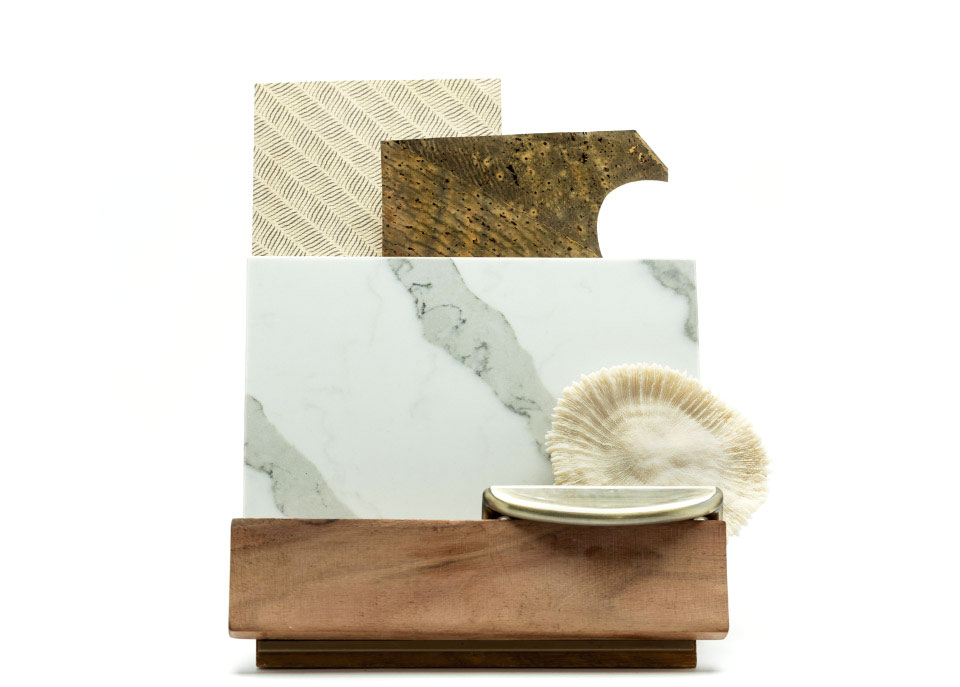
Quartzite
Similar Name, But Not Quartz
Quartz and quartzite have similar names, but they are not interchangeable. Natural quartzite may be called quartz and engineered stone is sometimes called quartz, but they have very different qualities. Quartzite the stone is just that, the stone, so it can be used indoors and out. Meanwhile, engineered quartz is essentially quartzite fragments held together with resin.
Porous
Some natural stones have a porous quality, which means it needs to be sealed and cleaned to prevent staining. Quartzite is not an exception to this: it should be sealed annually. But when it is sealed, the stone will resist staining.
Durable
Quartzite is a very hard stone, so much so that the recommendation of using cutting boards may be surprising. Truth be told, quartzite is so hard and durable that using knives on the countertop is likely to dull the utensil before the stone would scratch. In short, this is a heavy-duty stone.
Elegant
Quartzite is available in a number of colors and can also be finished in a variety of ways and it is this versatility that makes it useful for both décor and landscaping purposes.
Heat Resistance
Quartzite is a naturally heat resistant stone. Think of it this way: quartzite is a metamorphic stone, which means it was forged in the earth’s natural pressure cooker—so the stone can handle a bit more heat without being damaged, though using a pad or trivet as a precaution may give you peace of mind.
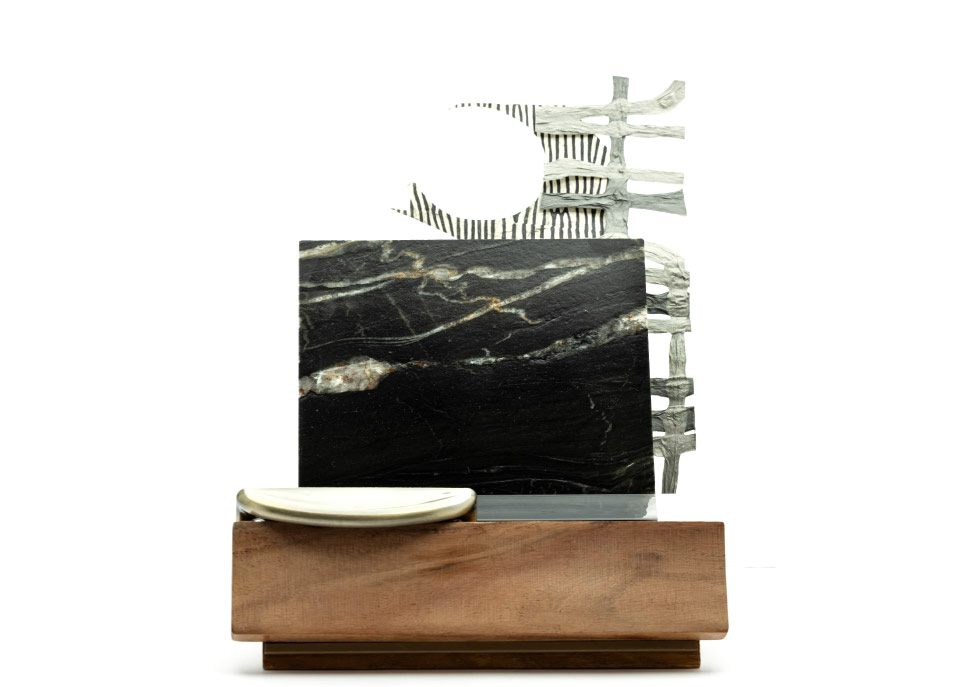
Marble
A Classic Addition to Any Home
When you think of a luxury stone for your bathrooms and kitchen, it is probably marble that immediately jumps to the top of your mind. Marble is a famed stone: the favorite of architects behind the Taj Mahal and the sculptors responsible for some of the most celebrated statues in the world. Imagine what it can bring to your home!
Unique
The simple truth is that no two cuts of marble are alike. So, when your neighbors buy a cut of marble for their home (out of the pure admiration they have for yours, of course), their cut will be different from yours.
Heat Resistant
Marble resists heat very well. It holds up well when exposed to the high temperatures of pots and pans in your kitchen as well as hair dryers, straighteners, and curlers in your bathroom for a time (though we suggest you don’t allow for prolonged exposure).
Easily Refinished
Marble is as hard as a rock, but did you know that the hardness of stone varies? Well, marble is a softer stone, which makes is easier to work with, but it’s also easier to polish to keep that stone shining.
Porous
Marble is one of many stones that suffers from its porosity, which means it is susceptible to staining (wine, tomato juice, and acids can be particularly damaging). Now, you want to preserve marble’s characteristic beauty, so it should be re-sealed on an annual basis.
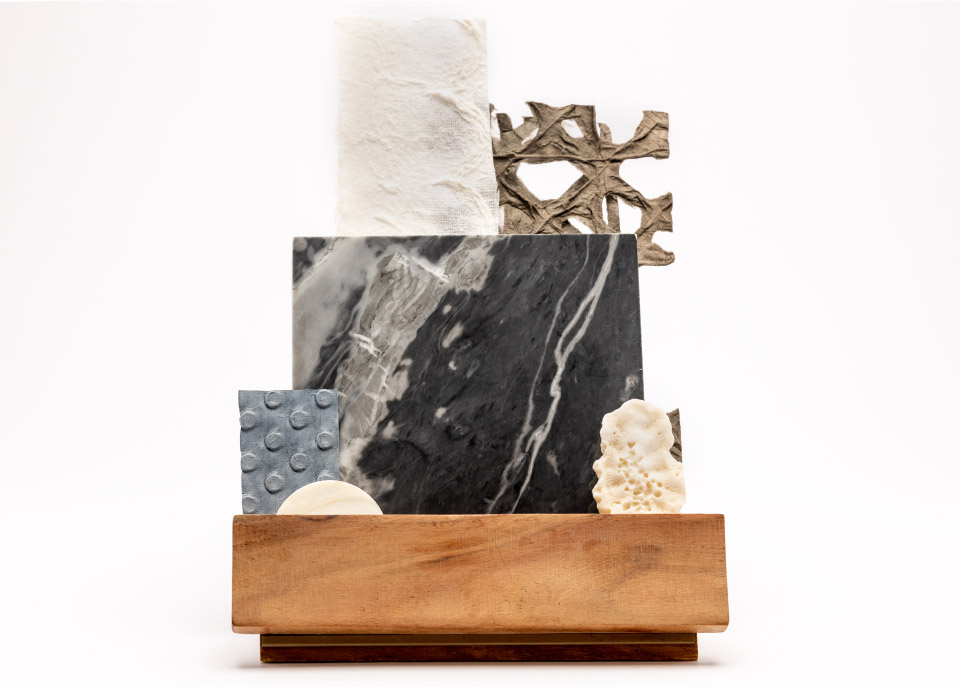
Soapstone
A Chef’s Dream
If a natural stone could ever be the subject a master chef’s dreams, it would have to be soapstone. Why? It all comes down to its hidden qualities. As an alternate natural stone kitchen countertop, soapstone is often used because it’s not stained by tomatoes, grape juice, or wine. Soapstone is also unaffected by heat, so a hot pot can be placed on it without fear of damaging the surface.
Stain Resistant
Soapstone has a special quality not many other stones can boast: it is a very dense, non-porous stone, which means it resists staining. It is also an inert material, which means it does not react to strong acids nor bases.
Resists Heat
Another remarkable benefit to soapstone is its ability to resist heat. Its high capacity for heat means setting a hot pot or pan on your countertop won’t cause the stone to crack.
Durable
Soapstone may be considered a contradictory stone: though it is easy to carve, it is also durable. This is a pliable stone, so it is not brittle and it won’t crack under stress, weight, nor impact.
Non-Stick Surface
Soapstone is a naturally non-stick material, which contributes to its ease of cleaning. Chefs: no need to worry about sticky substances and unsightly stains clinging to your countertops when you put this stone to work for you.
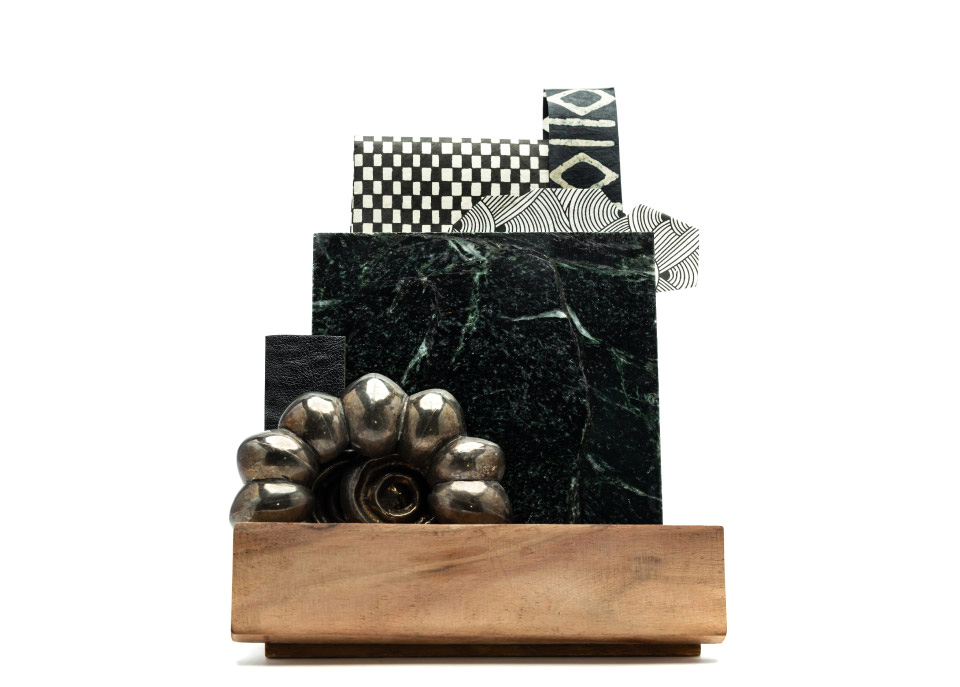
Limestone
An Increasingly Popular Option
Limestone is a sedimentary rock formed by the remains of skeletons and/or small plants or by chemical precipitation. Limestone also mixes in with clay or sand—so density, hardness, and chemical purity varies. Many designers will tell you that limestone should not be used in kitchens as it is a much softer stone than granite. However, there are some types of limestone that are just as hard as granite and are perfect for use in a kitchen.
Unique
Limestone is a fascinating stone due in no small part how it is created. The stone is made from remains of ancient beings which fossilized into stone. Because of this, it not uncommon for a cut of limestone to show off these fossils, making every cut unique.
Easily Refinished
Limestone can be too dull or too shiny, so if you find yourself needing your limestone surface refinished, you may be relieved to know that this stone is easily refinished. So, if you want a glossy, a semi-gloss, or a matte finish, it can be done!
Elegant
Limestone is a versatile material that makes it usable in just about every setting and space. See, in addition to its unique detailing, limestone can be found in a spectrum of colors which includes white, pink, black, tan, yellow, and more. Further, a cut of the stone can feature natural patterns such as striping or it can be a solid color.
Porous
Limestone is a durable material, but it is not invincible. The stone being predominately calcium carbonate, which is porous and doesn’t react well with strong acids or bases. So, to keep your limestone pristine, it should be sealed upon installation and then again every two years.
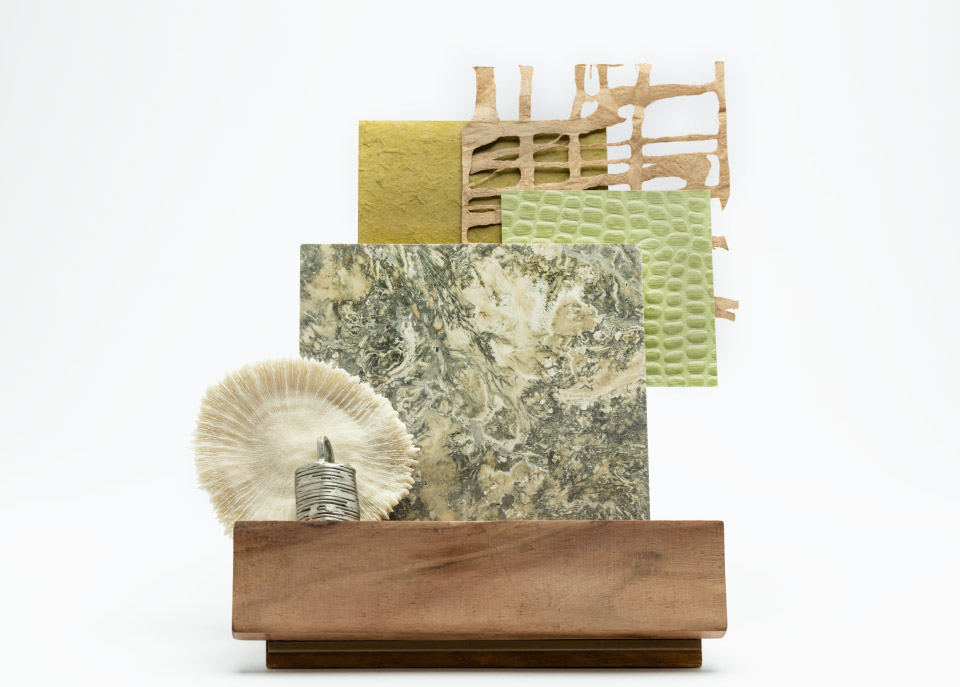
Slate
Easy to Maintain
Slate is recognizable by its distinctive textured surface that showcases naturally layered clefting. One of the biggest selling points of slate is that it has a very low absorption capacity. Meaning it can be virtually stain-free if sealed with regularity. Slate is a popular natural stone choice for flooring, particularly in wet areas like a bathroom. This is because slate has a rough surface, yet still feels comfortable on bare feet.
Available in Natural Cleft Finish
One of slate’s unique properties is its foliated appearance. Because of this quality, a cleft finish is available which makes it unique from other stones. This natural and pleasing surface texture is often created at the quarry where the stone is dug up and cut into sheets. Every cleft finish is different, giving slate a unique edge.
Scratch Resistant and Durable
Granite is in your house for the long run. It does not easily scratch and if you happen to drop something heavy on it, it will not chip or break. You can rely upon and enjoy granite’s long-term conveniences of a durable kitchen surface.
Rustic Aesthetics
If it is the old-time look you’re looking for, there’s nothing quite like slate. The stone provides a dark contrast for white walls as well as a veiny texture, bringing tried and true stylings into modern design.
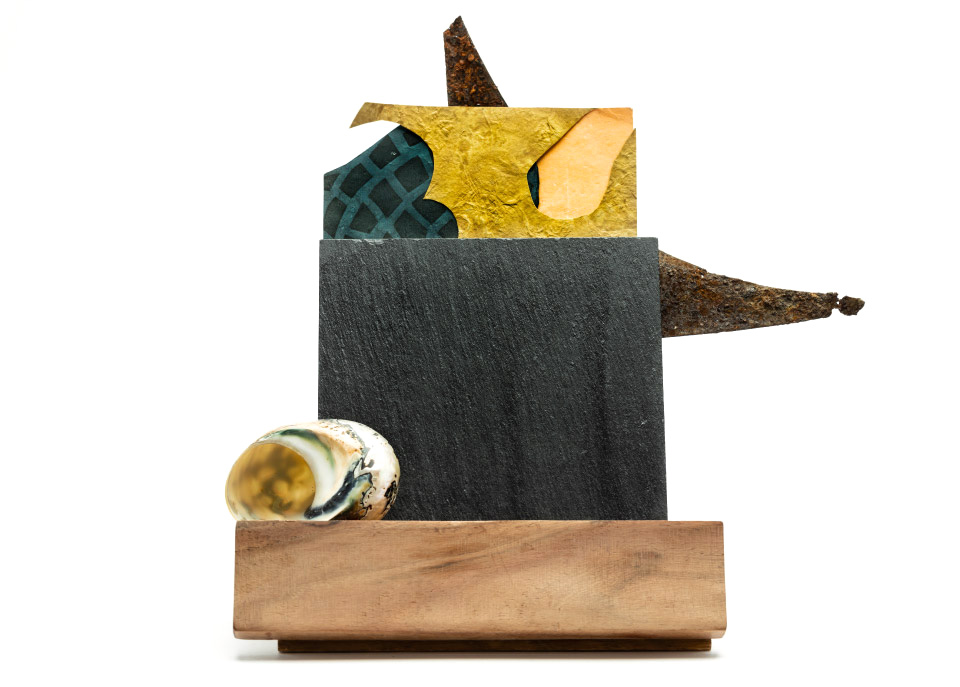
Exotics
Unique Options
Are the usual stone options unable to to fulfill your unique vision? Do you have a wild side that craves something more… exotic?
ZStone Creations has access to many unique stone options that are sure to pique your avant garde interests.
Ask us how!
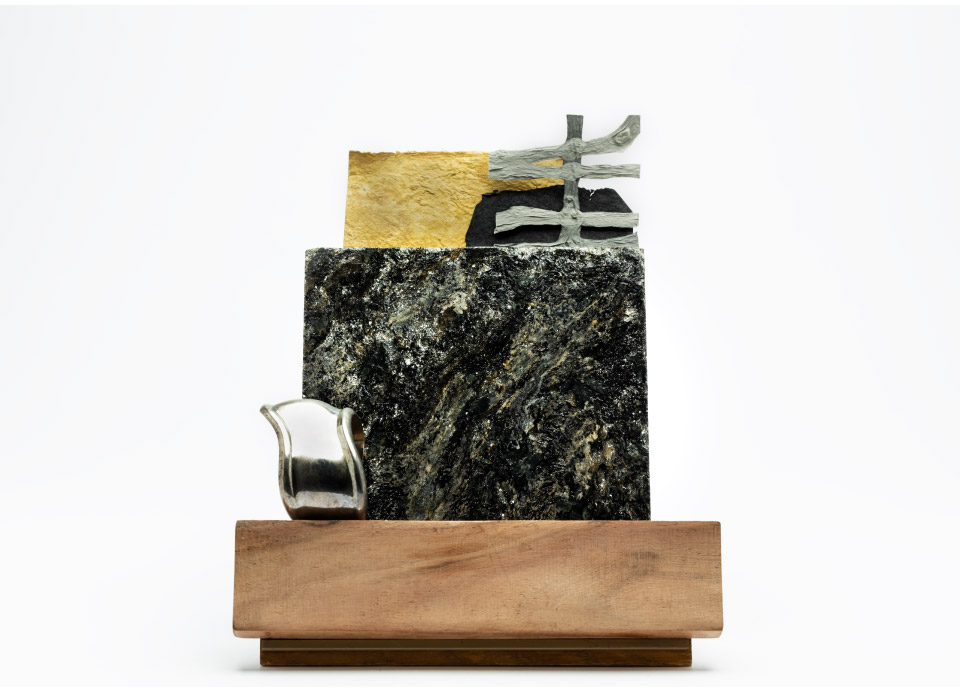
Contact Us
Showroom Hours
Mon - Fri, 8am to 6pm, appointments encouraged
Saturday, by appointment only
FREE CONSULTATION, LET'S TALK
